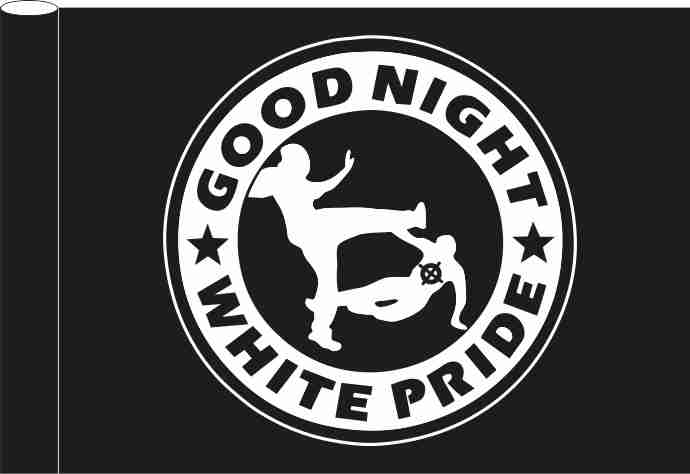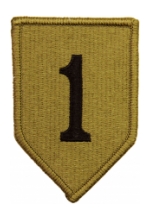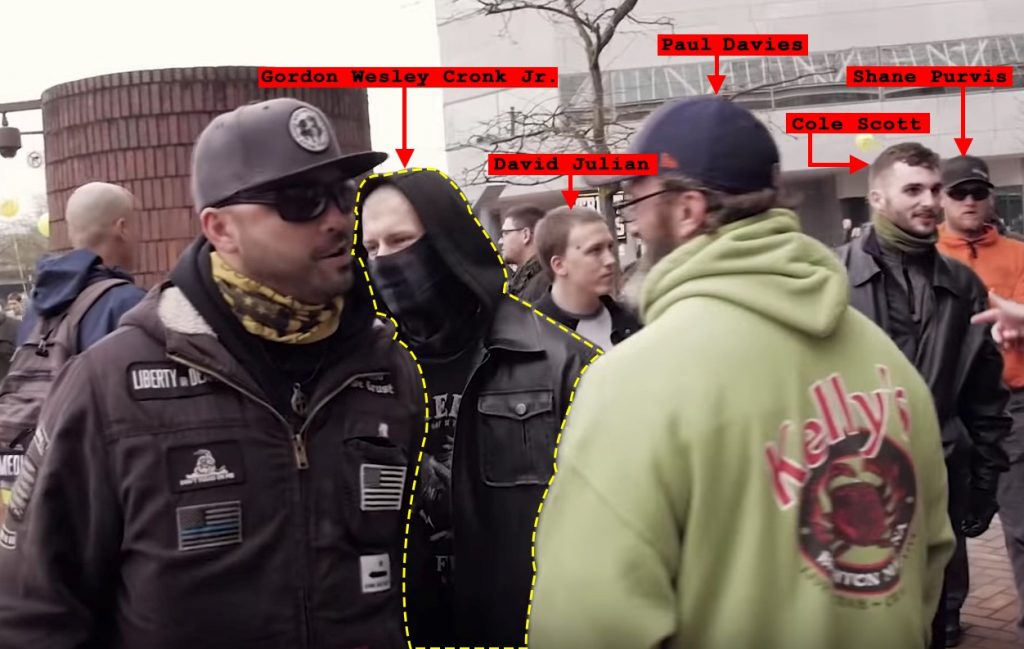

Occasionally you saw American commandos tooling around in mud-splattered gun-trucks, but they left the fiercest fighting to the Kurds. There were no civilians to be seen, only small teams of SDF inhabiting abandoned houses, or riding toward an amorphous front line in clattering battlewagons plated in homemade armor. Everywhere you looked, the city was bombed, busted, wrecked to rubble. Reporting on the western front, I remember broiling daytime temperatures and gunshots booming in the deserted streets. The SDF breached the city limits last year on June 6th. The massive offensive, years in the making, was carried out by the Syrian Democratic Forces (SDF), a largely Kurdish coalition of militias led by the YPG and backed by the United States.

Its sole purpose, Franceschi told me, was to fight in the upcoming battle to drive the Islamic State from its capital city, Raqqa, just south of Rojava. He was calling it the Antifa International Tabur (Kurmanji for a platoon-size unit), which I will simplify to Antifa Platoon. Franceschi was one of the few who had mastered its grammar, and just a few days before we met, he had gotten permission from the YPG to form a free-standing platoon of international leftists that would conduct business entirely in English, while he as commander would liaise with the Kurdish generals. But a more basic obstacle to the volunteers making a tangible contribution was the inability of most of them to speak Kurmanji. To some extent, the Kurdish militia, known as the People’s Protection Units, or YPG, was deliberately keeping Westerners sidelined, as 20 of them had already been killed in combat.

“In this revolution, the Western volunteers are basically a joke,”Franceschi told me. But while tens of thousands of foreigners fought in the anti-fascist International Brigades between 19, 500 at most had showed up to defend the Kurds against the Islamic State, their chief nemesis. What we’re fighting for in Rojava is a socialist alternative.”įranceschi was one of a motley mix of anarchists, Marxists and eccentric humanitarians who had come to take part in an obscure armed struggle known as the Rojava Revolution, the Kurds’ improbable attempt to establish an egalitarian democracy in a Belgium-size region just south of Turkey, known as Rojava. Like a lot of the volunteers, he saw it as his generation’s version of the Spanish Civil War, another conflict that attracted radical leftists from all over the world. “A capitalist society is a shit society,” he said, “just as Egyptian society with the pyramids and pharaohs was a shit society. The volunteers spent long hours sitting around drinking tea and smoking cigarettes listening to Franceschi’s disquisitions on late capitalism, spiced with mordant asides on the Syrian Civil War, it was easy to fall under the sway of his charisma. He was fluent in six languages and spoke English with an inimitable inflection of Mediterranean and Maghrebi accents. He mentioned working in construction, but also spoke knowledgeably of cryptocurrencies and computer programming. He was vague about his background, but I gathered he was born in Casablanca to a Moroccan mother and an Italian father, and grew up in a housing project in provincial Italy.

He had been one of the first to arrive, in October 2014, and by the time we met, he had seen more combat than any other Westerner around.Īt 28, he was tall and dark and bearded, with a kind of glowering geniality about him. A lot of the fighters were soldier-of-fortune types, veterans of the French Foreign Legion or the wars in Iraq and Afghanistan, but at least half were militant leftists like Franceschi, an avowed communist who wore a Mao pin on the lapel of his camouflage uniform. and Europe who were coming to battle the Islamic State with the Kurds. It was a former oil facility that had been turned into a training camp for the volunteers from the U.S. I first met Karim Franceschi in November 2016, in the hills of northeastern Syria, at a remote compound everyone called the Academy.


 0 kommentar(er)
0 kommentar(er)
